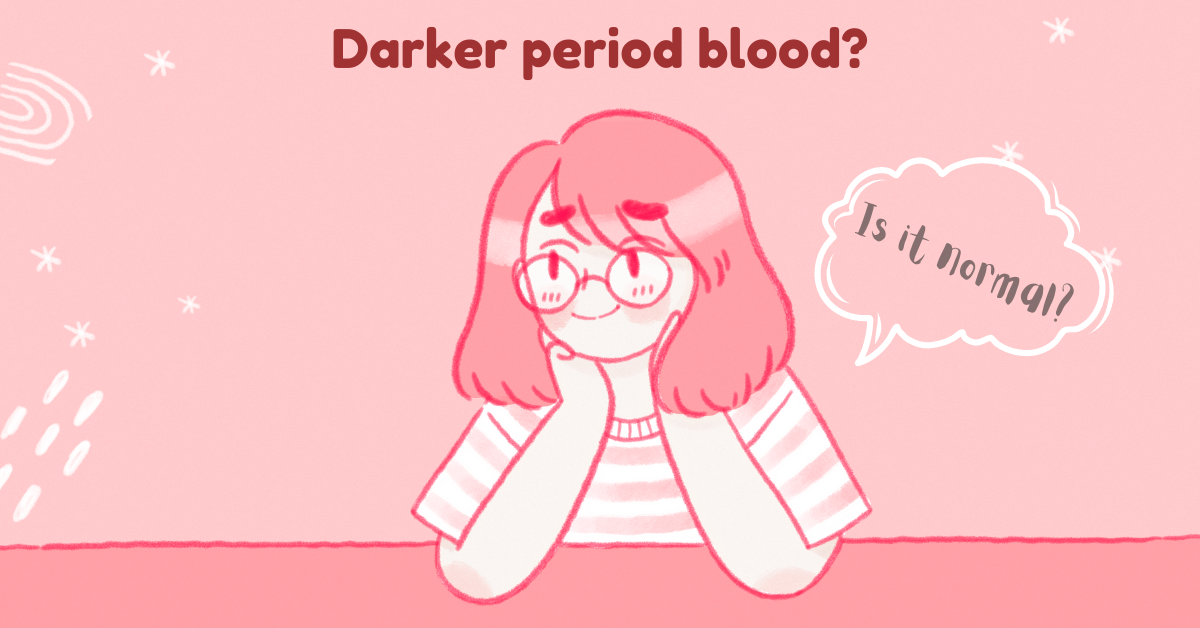Depression is a medical condition with serious consequences. The mental anguish and emotional pain it causes can put significant stress on relationships for both the person suffering from depression and the loved one who is providing support. If you’re in a relationship with someone who’s suffering from depression, it can be difficult to know when and how to help and provide depression support to a loved one because depression is different for everyone. Sometimes it’s slow and steady, while other times it’s sudden or even something that comes and goes. Depression can be a debilitating disorder that causes sufferers to withdraw from their loved ones and the activities they used to enjoy.
If your partner is suffering from depression, it’s important that you take care of yourself while providing support for them. This blogpost by Infano will help.
Tips to Cope with a Partner who is Depressed
One of the most important things you can do to help your partner with depression is to be patient. Depression can alter the way people think, feel, and act in many different ways. Sometimes they may become detached or withdrawn. Other times they may lash out at you when they are feeling bad. It’s very hard for them to know what will or won’t make them better – that’s why it’s important that you offer help in various ways.

How to Be a Supportive Partner
Depression affects couples in many different ways. Your partner may withdraw from you, lash out at you, or neglect to take care of themselves. When you feel that your relationship with your loved one is suffering, it’s important to remember that it’s not just depression making them act this way. However, there are some steps you can take to be a supportive partner. For example, make sure you express your feelings without blaming them on their depression; make sure they know that the depression won’t last forever, and try to work on things together rather than trying to do everything yourself.
Tips on Self Care for You
It is possible for your loved one to be happy again, but it will take time. You will need to be patient and supportive during this process. Remember that you can’t do everything for them. The important thing is for you to take care of yourself so you can continue to support them. It’s also important to communicate openly about your feelings, needs, and worries without judgment or blame. Set aside time to talk about anything that might be bothering you. It’s helpful if you can share your feelings in a safe place with a friend or family member. It can also be helpful to talk with a counselor or therapist who can help you cope with the stress of caring for someone else.
Effective Communication in depression support
One of the most important skills for a partner is to be able to communicate effectively. They should be able to balance their concern about the person with depression with empathy and care. This will mean that they understand that depression is a mental health issue, not a moral weakness on the part of the person affected by it. It is important not to react too quickly or aggressively because this may cause anxiety and worsen symptoms. A partner should be able to communicate with the person in a way that is encouraging and supportive. Alternatively, they might wish to seek advice from a mental health professional.
CBT and other therapies
There are a number of different styles of therapy used to treat depression including counselling, psychotherapy, and group psychotherapy. These can help people to become more aware of the causes of their depression, and the factors that maintain it. They may also help them change the way they think and feel, leading to an improvement in their symptoms.
Conclusion
It can be difficult to have a loved one with depression at home. It is often hard for people with depression to take medications, so it’s important to help them find ways to cope. You can also do things with your loved ones that will make them happy, like going for walks or doing an activity together. It’s important to remember that you are not responsible for your loved one’s depression, but you can support them in their recovery process.
For more blogs on depression support and mental health, click here.



















